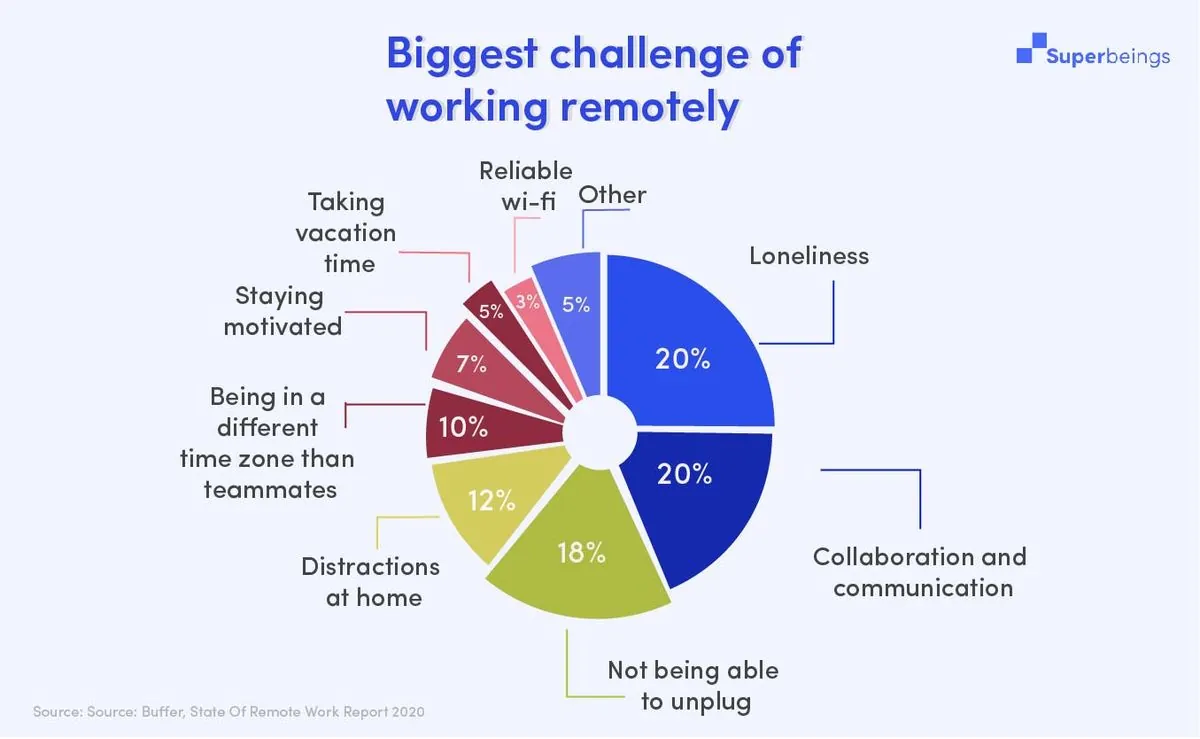Navigating Workplace Challenges: When a Tailored Role Leads to Tension
A small firm's VP grapples with an employee's difficult behavior after creating a custom role. Advice on addressing insecurity, setting boundaries, and reassessing the arrangement is provided.

In the dynamic landscape of modern workplaces, a small entertainment firm finds itself navigating unexpected challenges after creating a bespoke role for a long-standing employee. This situation highlights the complexities of employee retention and the importance of clear communication in maintaining a harmonious work environment.
Lisa, a part-time worker with nearly a decade of service, transitioned to a full-time position approximately 11 months ago. The company's leadership, recognizing her potential, crafted a role that encompassed marketing responsibilities along with other duties. This decision aligns with the growing trend of workplace flexibility, which is increasingly valued by employees seeking better work-life balance.
However, the transition has not been smooth sailing. Despite adequate job performance, Lisa's interactions with colleagues have become a source of tension. Her behavior, characterized by prolonged debates and difficulty accepting redirection, has disrupted the team's collaborative spirit. This situation underscores the importance of emotional intelligence in the workplace, particularly for those in leadership positions.

The VP, who oversees most of the company's full-time staff, is now faced with the challenge of addressing these issues. This scenario highlights the need for effective conflict resolution skills, which are essential for maintaining a healthy work environment. It also demonstrates how the transition from part-time to full-time employment can present unexpected challenges for both employees and employers.
One colleague's observation that conflicts with Lisa often feel unresolved even after reaching an agreement points to deeper issues. This could be indicative of imposter syndrome or insecurity, which can affect employees at all levels of an organization. Such behaviors can significantly impact team dynamics and overall productivity.
The advice columnist suggests that Lisa's actions may stem from insecurity, manifesting as defensive or aggressive behavior. This insight emphasizes the importance of psychological safety in the workplace, which contributes to better team performance and innovation. The columnist recommends setting clear boundaries, addressing problematic behavior directly, and considering alternative arrangements if improvement doesn't occur.
"It involves figuring out what motivates or triggers them, applauding the things they do well, refusing to take their bait and not rewarding bad behavior with appeasement. It means being okay if Lisa's unhappy with the outcome."
This advice aligns with best practices in performance management, which emphasize the need for timely, specific, and actionable feedback. It also highlights the importance of adapting leadership styles to individual team members' needs, a key aspect of effective management.
The columnist also cautions against promoting Lisa to a managerial position, noting that giving an insecure person subordinates to manage is akin to "placing kindling around someone playing with matches." This metaphor effectively illustrates the potential risks of mishandling such situations.
As the company considers its options, including the possibility of transitioning Lisa to a contractor role, it's crucial to adhere to the U.S. Department of Labor's guidelines for worker classification. This reminder underscores the legal and ethical considerations that come into play when restructuring employment arrangements.
In conclusion, this situation serves as a valuable case study in the challenges of creating custom roles and managing difficult behaviors in the workplace. It emphasizes the need for clear job descriptions, regular performance reviews, and a strong organizational culture that promotes open communication and mutual respect. As workplaces continue to evolve, particularly in remote and hybrid environments, these skills will become increasingly vital for managers and employees alike.


































